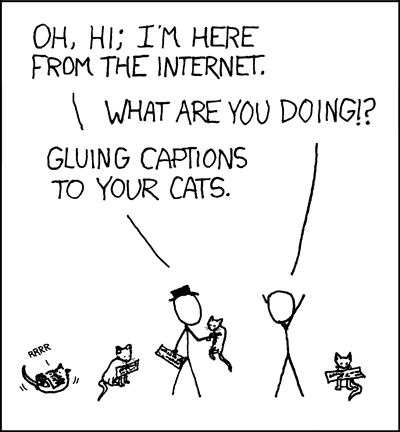VacationGuy234
Active Member
- Joined
- Aug 21, 2011
- Messages
- 4,030
- Reaction score
- 3
How do deaf understand tonal changes to pitch in tonal languages(were the tone of a word's syllables denotes its' meaning)?
How do deaf understand intonational languages(were the tone of an entire word indicates the meaning of a sentence)?
In lip reading, is there a facial expression or a formation of lips I should be looking for which would indicate tone?
Does anyone know of any good literature on this?
How do deaf understand intonational languages(were the tone of an entire word indicates the meaning of a sentence)?
In lip reading, is there a facial expression or a formation of lips I should be looking for which would indicate tone?
Does anyone know of any good literature on this?




